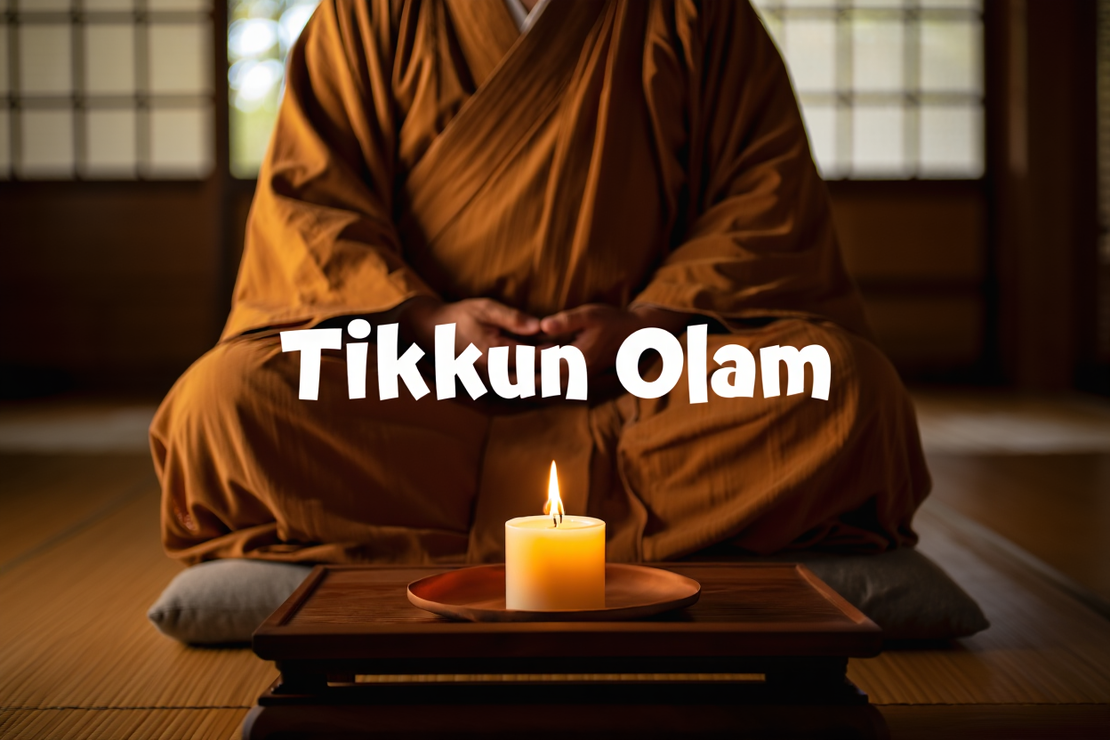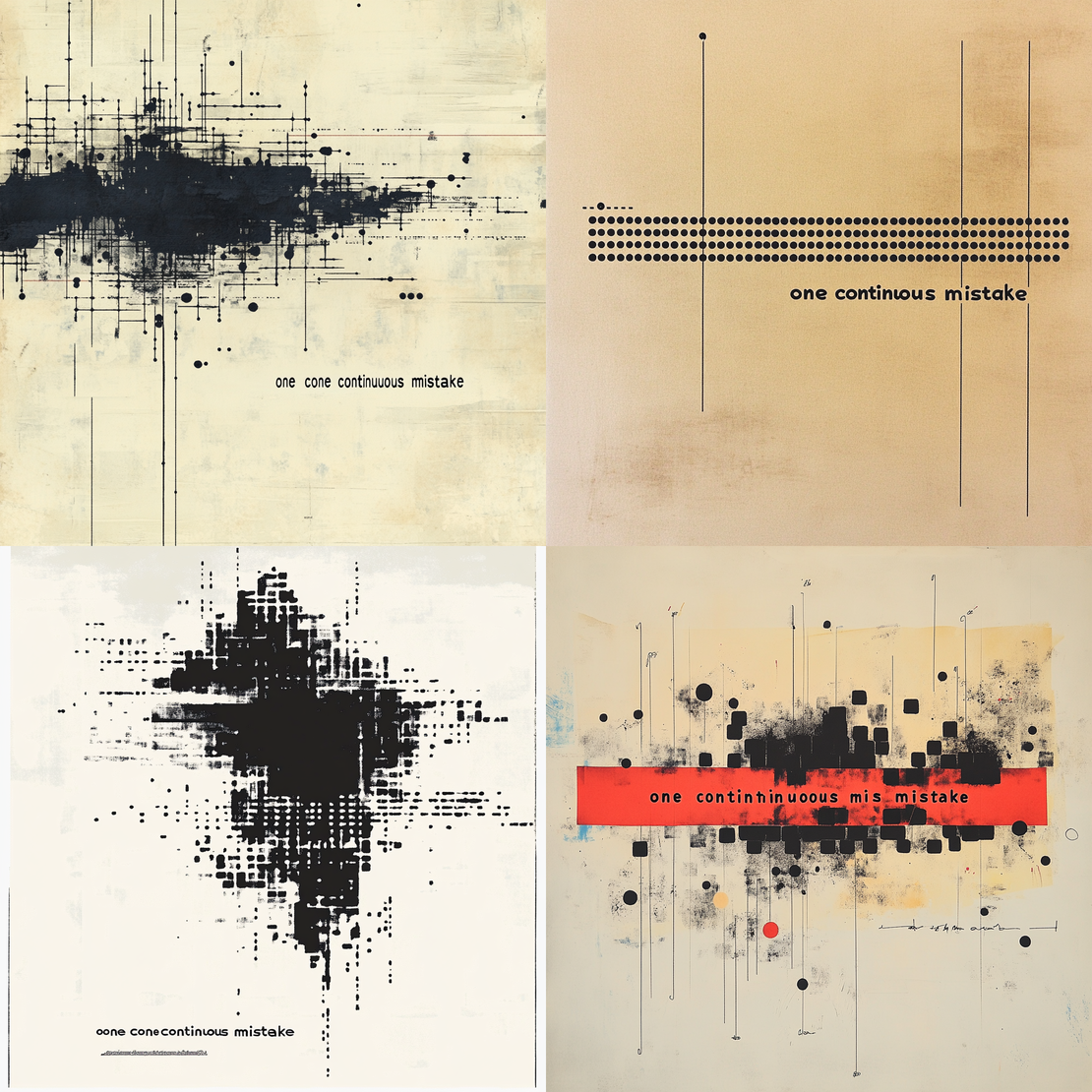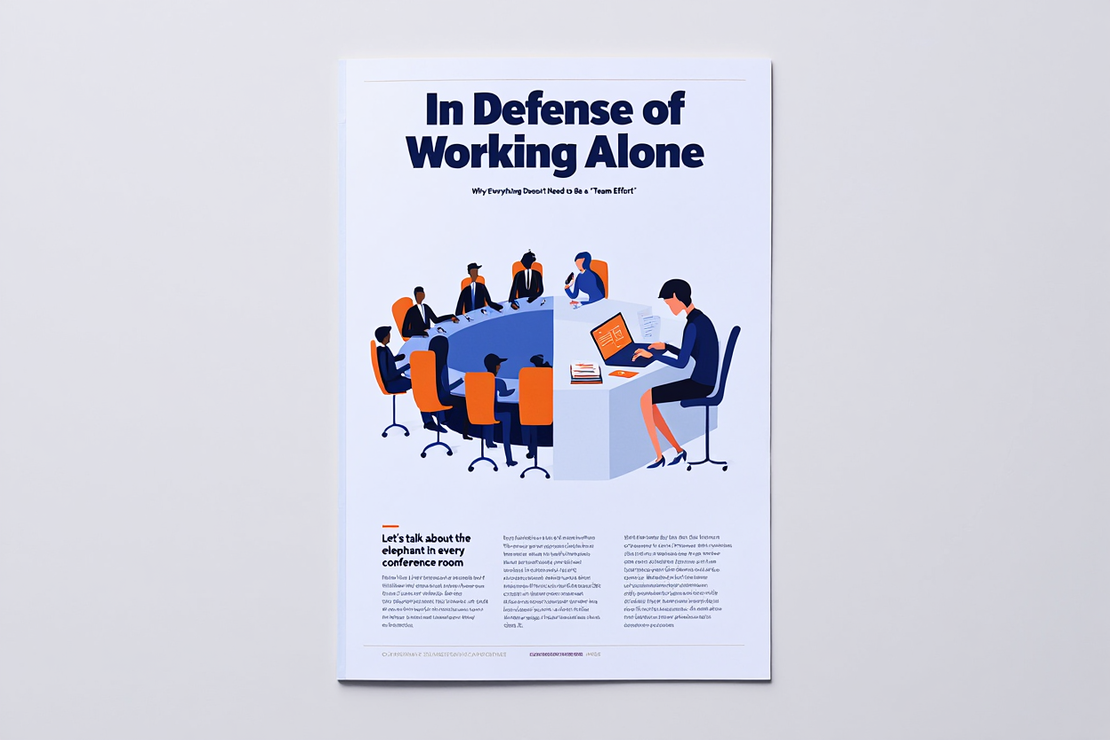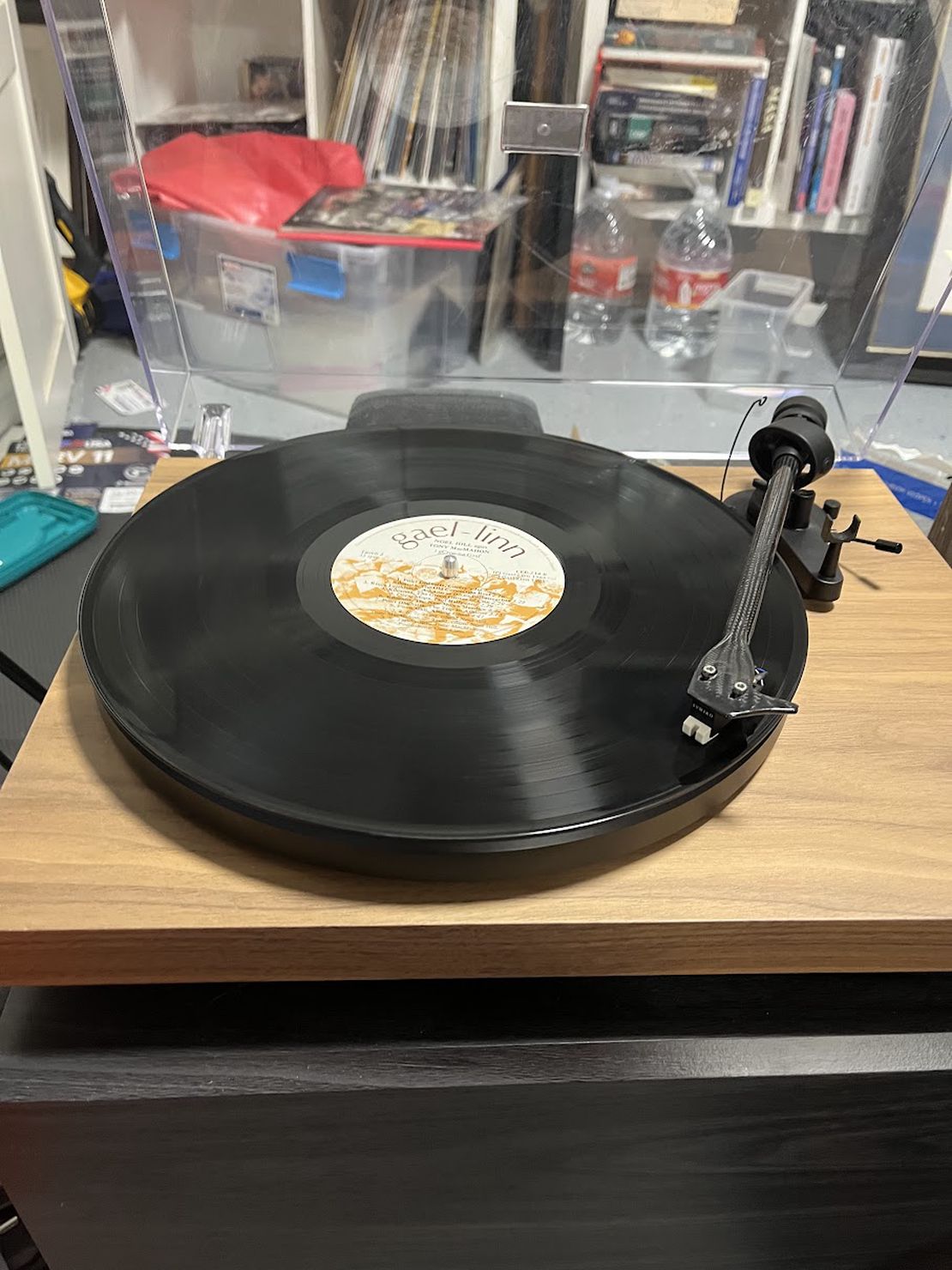
The sacred work of staying: reflections on tikkun olam and zen
- pk
- Life , Not software
- September 14, 2025
Table of Contents
“Throwing away Zen mind is correct Zen mind. Only keep the question: What is the best way of helping other people?” -
There’s something profoundly honest about Tikkun Olam — the concept in Jewish ethics of “repairing the world.” I’m not jewish so i was introduced to it by writings and disucssions with 8VC-related folks, and i’m delighted to have added it to my mental framework. It marries very nicely with the Zen that I have an affinity to and practice.
It begins with an acknowledgment most philosophies shy away from: the world is broken. Fundamentally and genuinely fractured.
Yet here’s what makes tikkun olam remarkable: it doesn’t stop at diagnosis. The same tradition that names the brokenness insists we stay and mend it. No throwing in the towel. No waiting for someone else. No escape into cynicism or false optimism.
There are strong echoes to my spirtiual hertiage. Lao-tzu reminds us: “The imperfect becomes whole.” Not through forcing or striving, but through patient, persistent engagement with what is.
The Dual Truth
Tikkun Olam holds two truths simultaneously. First, it validates what we already sense — that suffering, injustice, and fracture are real parts of human experience. But second, and more radically, it gives us guidance about our role in all of this. We’re not just witnesses to the breaking; we’re partners in the mending.
So much of our discourse has become performative despair or wishful thinking about grand solutions. It exhausts itself in outrage or pins its hopes on grand, heroic solutions. Yes - it’s clear to see that things are broken. It feels hollow because it tears down without offering to build — critique without creation, diagnosis without remedy.
Tikkun Olam, by contrast, finds sacred weight in small acts: the meal of simple rice we share, the injury tended, the lonely person remembered. Each action, however modest, participates in a larger, collective refusal to accept brokenness as final.
Cracks as Openings
What if imperfection isn’t failure but invitation? The cracks in our world — in our communities, in our own lives — aren’t reasons to give up. They’re precisely where our work can enter and matter. They’re the spaces that need human hands, human care, human stubbornness in the face of entropy finality.
Leonard Cohen captured this wisdom: “There is a crack in everything / That’s how the light gets in.” The broken places aren’t obstacles to wholeness — they’re the very pathways through which healing arrives.*
There’s a radical hope embedded in believing that our actions actually matter in mending what’s broken. Not because we’ll finish the work — clearly, we won’t - but because the work itself is sacred. The trying is the point. The staying is the point.
The Obligation of Hope
Perhaps what’s most compelling about tikkun olam is how it reframes responsibility. This isn’t a burden grudgingly carried but a sacred calling that gives our presence meaning. We’re here not despite the world’s brokenness but because of it. Our capability to recognize damage comes paired with the capability to heal.
In an age of overwhelming global challenges, tikkun olam offers neither denial nor despair. Instead, it offers a third way: clear-eyed acknowledgment coupled with determined action. Yes, the world is broken. Yes, we’re small. But smallness has never been an excuse for abandonment. Seems perfectly Zen to me.
The world needs fixing, and somehow, against all odds, we’re the ones trusted with the tools. That’s not a burden — it’s the deepest form of belonging. We’re not just passing through; we’re part of the repair crew.
There’s profound meaning in being needed, in having work that matters, in refusing to let brokenness have the last word.
The invitation stands before each of us daily:
- Will we stay or will we hide in madness/hopelessness?
- Will we mend what we can reach or take the easy way out?
- Can we trust that our small acts of repair, feeble though sometimes they may be, ripple outward in ways we may never see?
When tomorrow comes, say yes to the sacred work of staying.
- Notes: I haven’t ever heard the song, I just was sent this quote once and it’s just so perfectly well fit in this circumstance. Cohen was deeply influenced by both Jewish mysticism (he was Jewish) and Zen Buddhism (he spent years at a Zen monastery and was ordained as a Buddhist monk)
Also - if you enjoyed this Zen perspective, take a good listen to Thousand Harbours Zen. Koun Franz expresses it so well - that we must see things as they are. It doesn’t mean that we have to be happy about them or that we shouldn’t strive to change them. But change comes only from that understanding.



